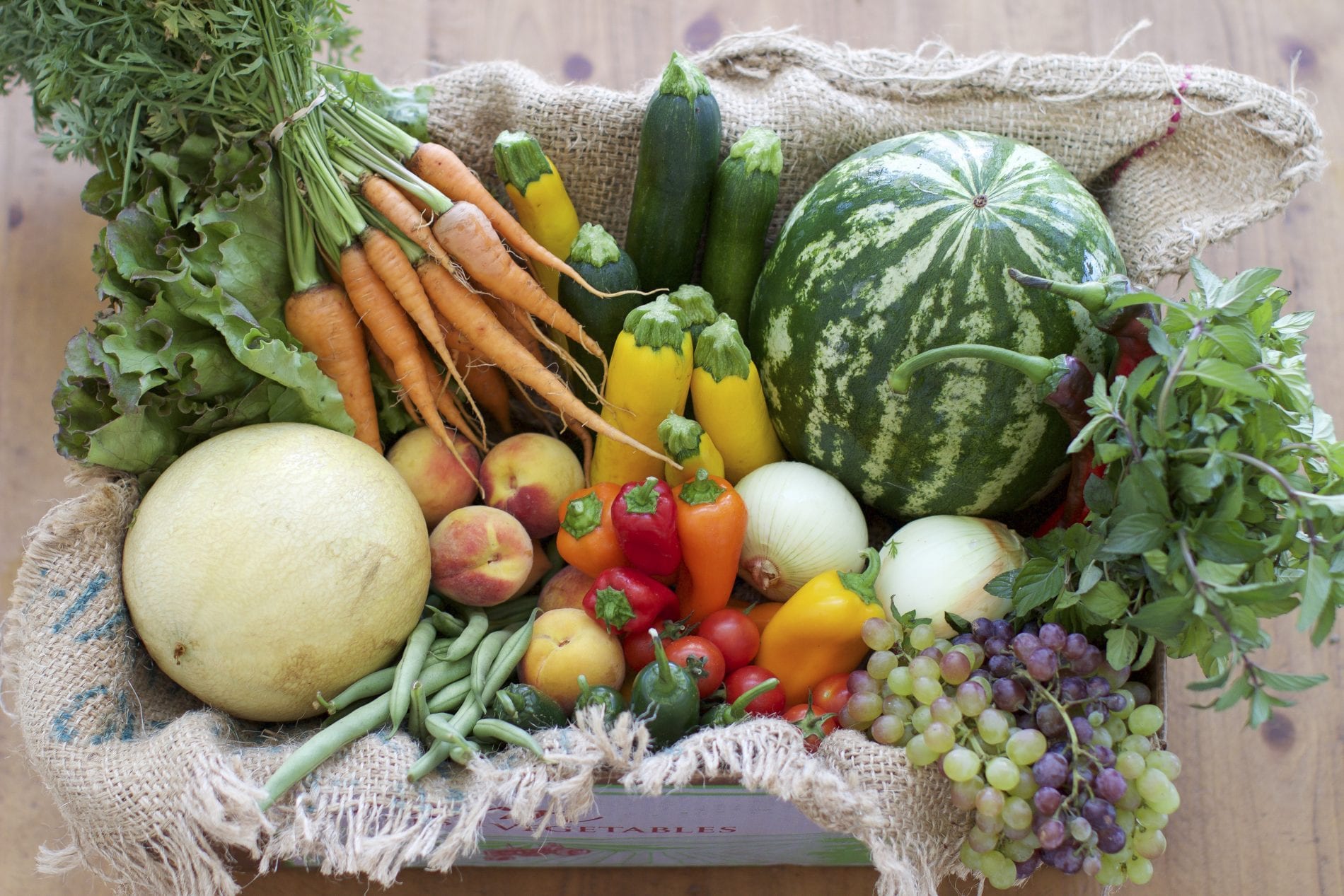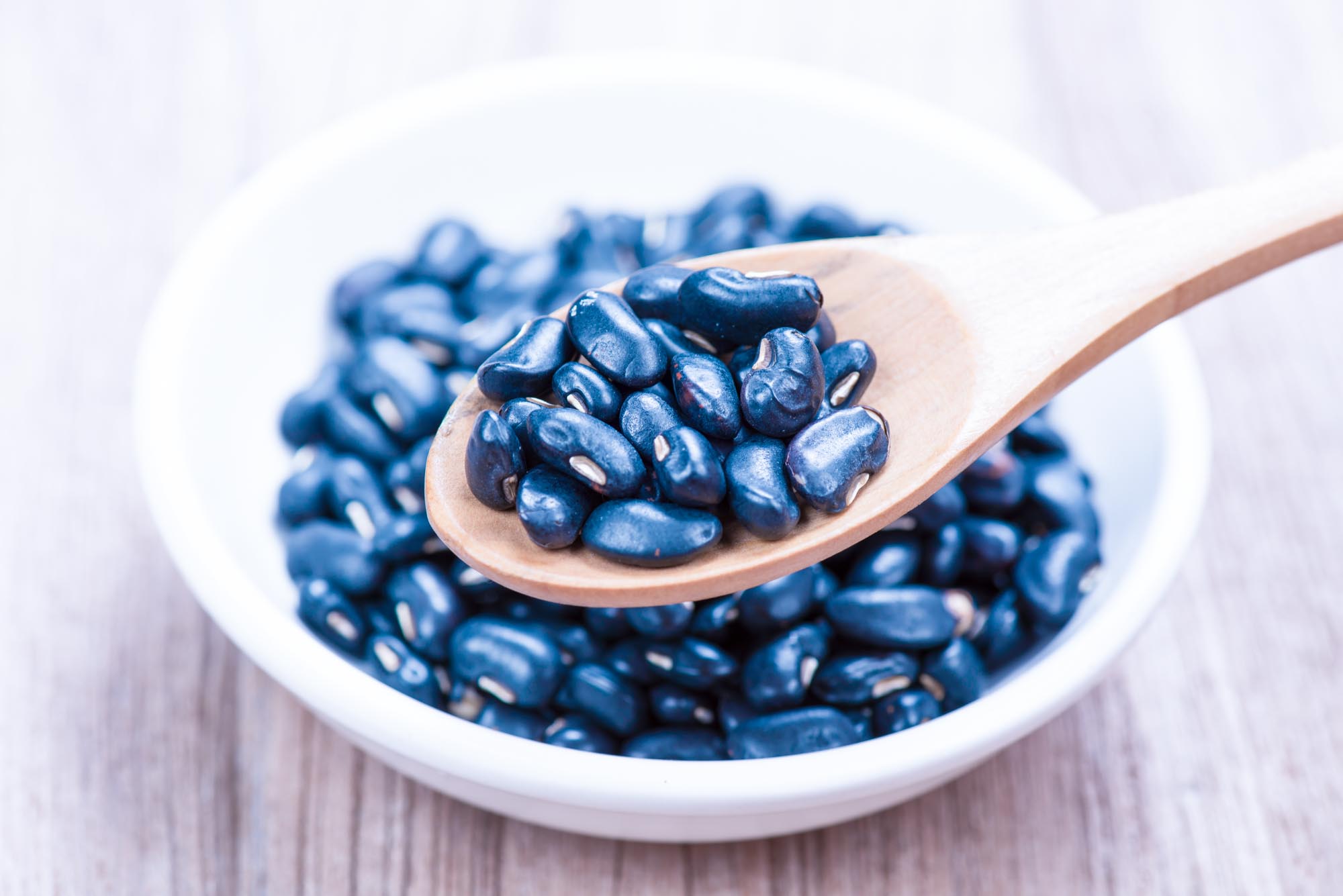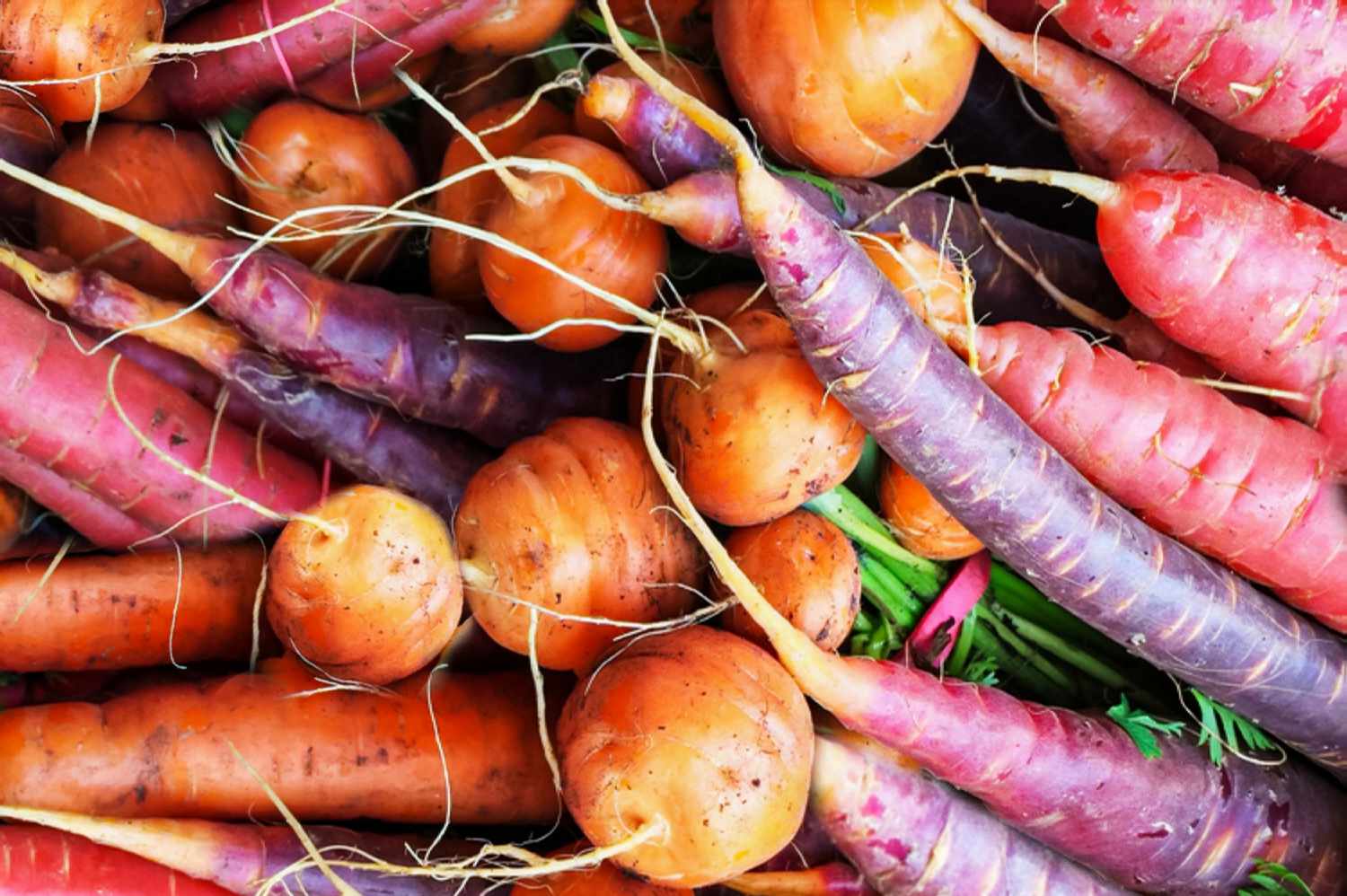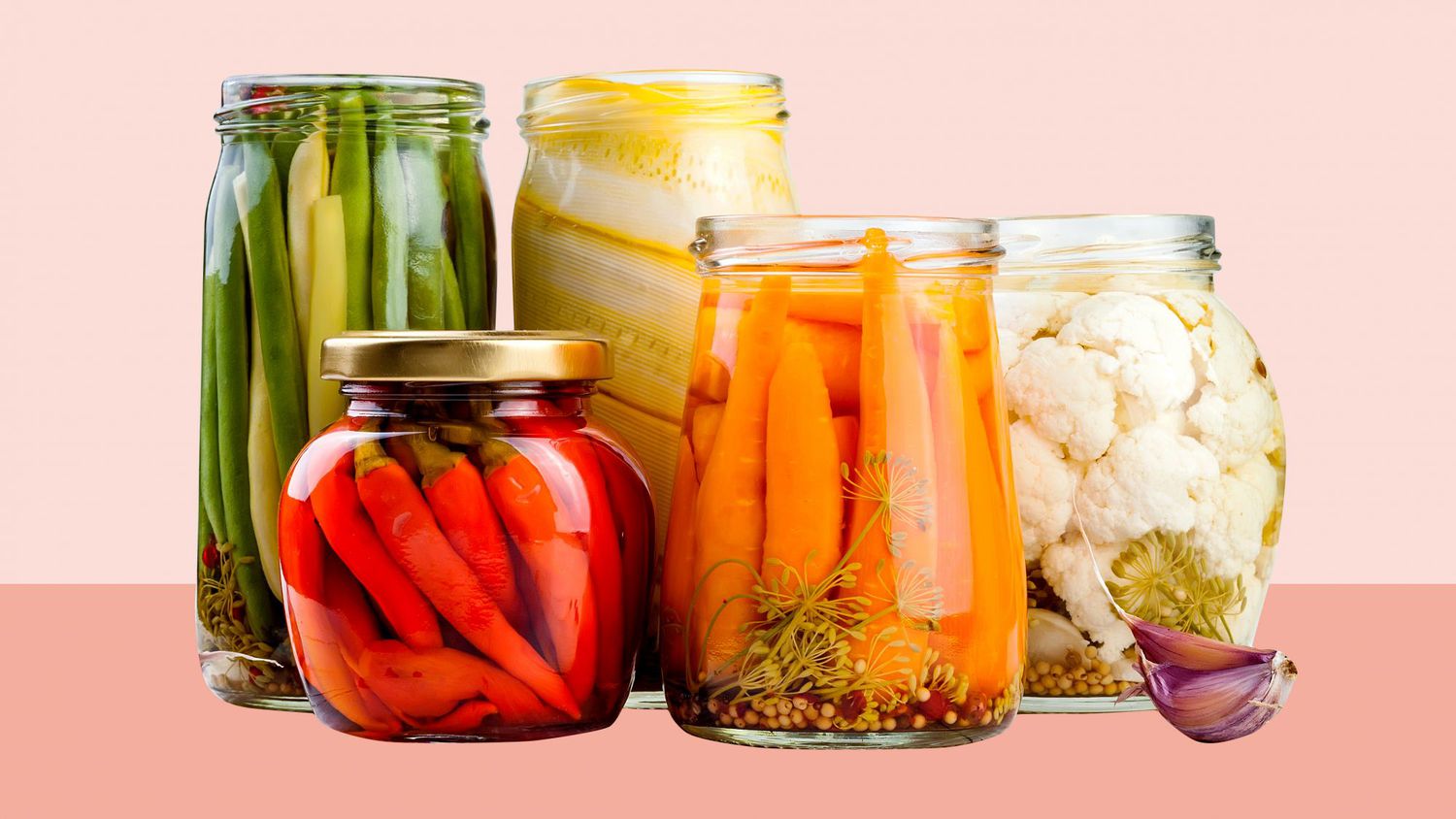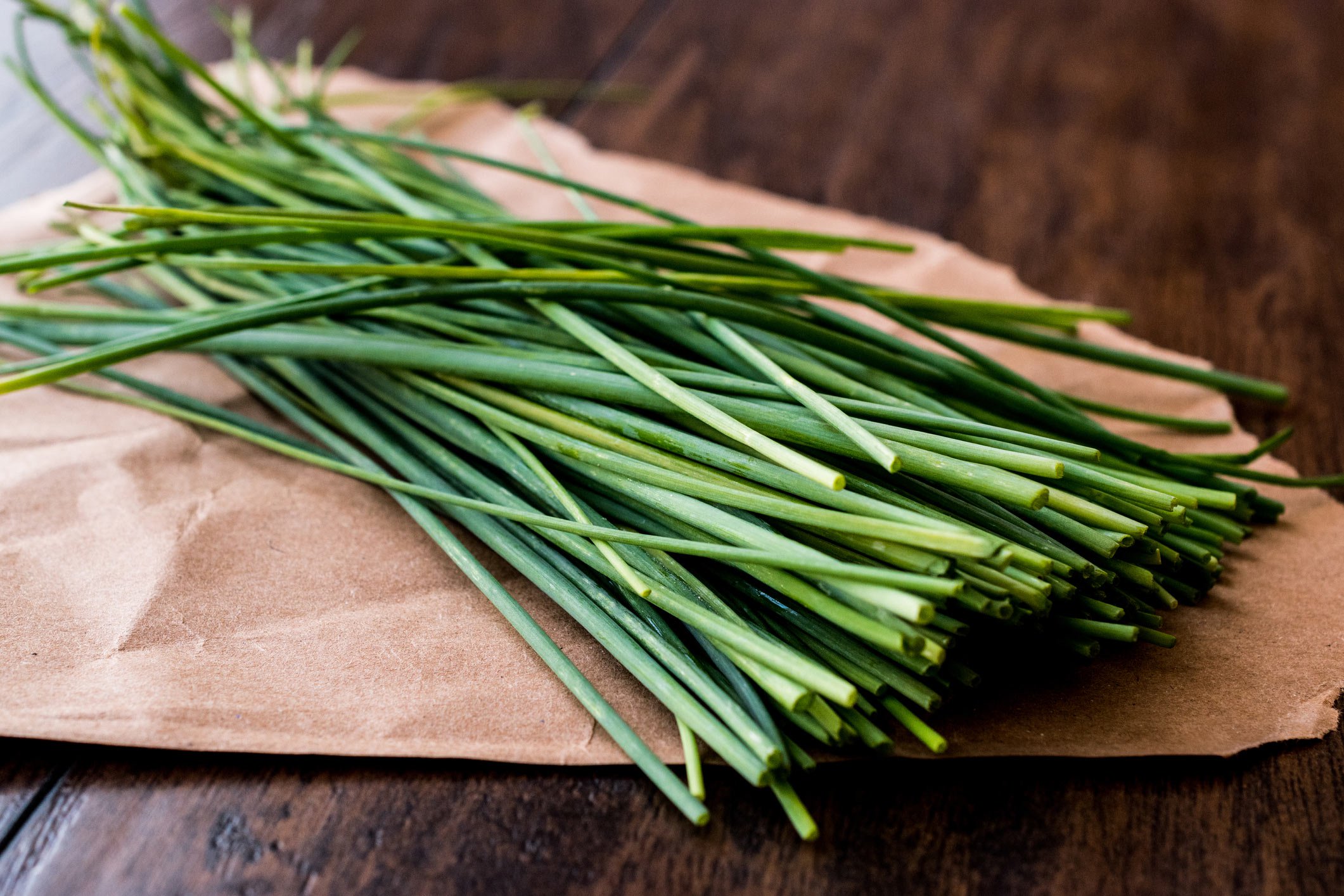Home>Types of Gardening>Edible Gardening>What Are Dark Leafy Green Vegetables
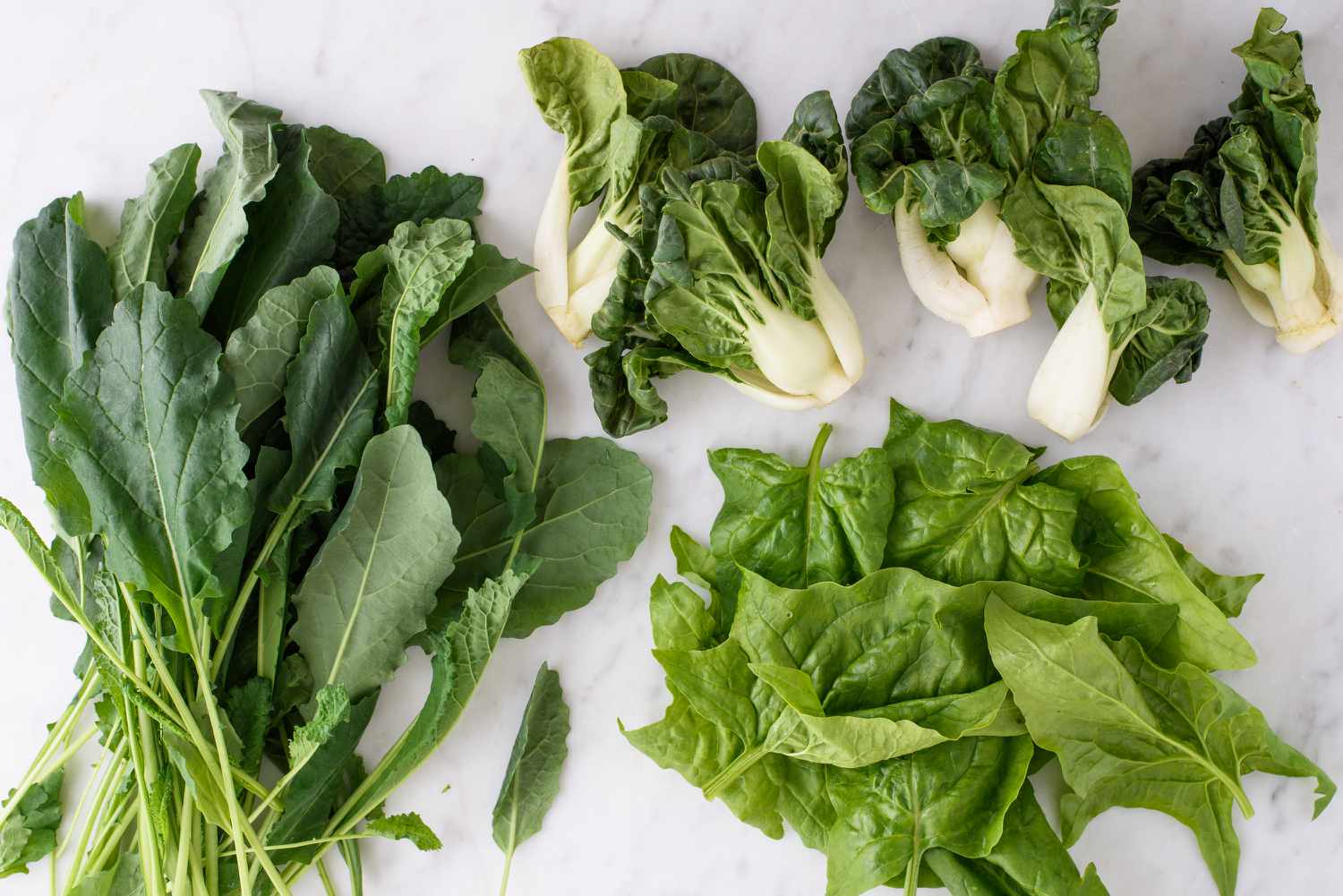

Edible Gardening
What Are Dark Leafy Green Vegetables
Modified: January 22, 2024
Discover the benefits of incorporating dark leafy green vegetables into your diet. Learn how to grow them in your own edible gardening space and reap the nutritious rewards.
(Many of the links in this article redirect to a specific reviewed product. Your purchase of these products through affiliate links helps to generate commission for Chicagolandgardening.com, at no extra cost. Learn more)
Table of Contents
Introduction
Dark leafy green vegetables are not only delicious but also incredibly beneficial for our overall health. These powerhouse vegetables are packed with essential nutrients, antioxidants, and fiber, making them an excellent addition to any diet. From kale and spinach to collard greens and Swiss chard, there is a wide variety of dark leafy greens to choose from, each with its own unique flavor and texture.
In recent years, there has been a growing interest in edible gardening, and many people have started to incorporate these nutrient-rich vegetables into their own home gardens. By cultivating and consuming dark leafy green vegetables, you not only have access to fresh, pesticide-free produce but also have the satisfaction of knowing exactly where your food comes from.
Whether you have a large backyard or just a small balcony, you can grow these greens successfully. Edible gardening not only allows you to enjoy the benefits of fresh vegetables but also gives you the opportunity to connect with nature and experience the joy of growing your own food.
In this article, we will explore the various types of dark leafy green vegetables, their nutritional value, and the myriad of health benefits they offer. We will also discuss some creative and delicious ways to incorporate these greens into your everyday meals. So, let’s dive in and discover the wonders of edible gardening with dark leafy green vegetables!
Benefits of Dark Leafy Green Vegetables
Dark leafy green vegetables are often hailed as nutritional powerhouses, and for good reason. They offer a myriad of benefits that can promote overall health and wellbeing. Here are some key reasons why you should consider incorporating more dark leafy greens into your diet:
- Rich in Nutrients: Dark leafy greens are packed with vitamins, minerals, and antioxidants. They are an excellent source of vitamin A, vitamin C, vitamin K, and folate. These nutrients are essential for maintaining healthy skin, boosting the immune system, and supporting proper blood clotting.
- High in Fiber: These vegetables are also rich in dietary fiber, which plays a crucial role in digestive health. Fiber helps regulate bowel movements, prevents constipation, and can contribute to weight management by promoting feelings of fullness.
- Anti-inflammatory Properties: The antioxidants found in dark leafy greens, such as beta-carotene and vitamin C, help combat inflammation in the body. Chronic inflammation has been linked to various health issues, including heart disease and certain types of cancer, so consuming these vegetables can have a protective effect.
- Supports Bone Health: Dark leafy greens are an excellent source of calcium, magnesium, and vitamin K, all of which are essential for maintaining strong and healthy bones. These nutrients work together to promote bone density and prevent conditions like osteoporosis.
- Boosts Eye Health: Many dark leafy greens, such as kale and spinach, are rich in lutein and zeaxanthin, antioxidants that have been linked to eye health. These compounds can help protect against age-related macular degeneration and cataracts.
- Aids in Detoxification: The chlorophyll found in dark leafy greens has detoxifying properties that can help eliminate harmful toxins from the body. Consuming these vegetables regularly can support liver function and promote overall detoxification.
- Supports Heart Health: The high levels of potassium and dietary nitrates found in dark leafy greens can help lower blood pressure and reduce the risk of heart disease. Additionally, the fiber content can help lower cholesterol levels, further promoting cardiovascular health.
With all these amazing benefits, it’s clear why dark leafy green vegetables should be included in your diet. Now, let’s explore the different types of dark leafy greens that you can grow in your edible garden.
Types of Dark Leafy Green Vegetables
When it comes to dark leafy green vegetables, there is a wide variety to choose from, each offering its own unique flavors and nutritional profiles. Here are some popular types of dark leafy greens that you can grow in your edible garden:
- Kale: Kale is often referred to as the king of leafy greens due to its exceptional nutritional value. It is packed with vitamins A, C, and K, as well as fiber and antioxidants. Kale has a slightly bitter taste and can be enjoyed raw in salads or cooked in stir-fries, soups, and smoothies.
- Spinach: Spinach is another versatile leafy green that is rich in iron, calcium, and vitamins A and C. It has a mild, slightly sweet flavor and can be used fresh in salads, cooked in pastas or stir-fries, or added to smoothies. Spinach is a fast-growing plant, making it a popular choice for home gardens.
- Swiss Chard: Swiss chard features colorful stems and large, dark green leaves. It is high in vitamins A, C, and K, as well as minerals like magnesium and potassium. Swiss chard has a slightly earthy and bitter taste, similar to spinach. It can be sautéed, steamed, or used in soups and stews.
- Collard Greens: Collard greens are a staple in Southern cuisine and are known for their robust, slightly bitter flavor. They are an excellent source of vitamins A, C, and K, as well as fiber and calcium. Collards can be cooked down and braised, added to soups, or used in place of a tortilla for wraps.
- Beet Greens: If you’re growing beets, don’t discard the nutritious greens! Beet greens are tender and slightly sweet, with a taste similar to Swiss chard. They are rich in vitamins A and K, as well as minerals like iron and calcium. Use beet greens in salads, sautés, or as a nutritious addition to green smoothies.
- Arugula: Arugula, also known as rocket or roquette, has a peppery and slightly nutty flavor. It is rich in vitamin K and folate, and it adds a fresh and vibrant element to salads and sandwiches. Arugula grows quickly and easily, making it a popular choice for home gardeners.
These are just a few examples of the many varieties of dark leafy green vegetables you can grow in your edible garden. Experiment with different types to find your favorites, and consider rotating your crops to maintain soil health and prevent disease. Now let’s explore the incredible nutritional value that dark leafy greens offer.
Nutritional Value of Dark Leafy Green Vegetables
Dark leafy green vegetables are not only delicious but also offer an impressive array of nutrients that are essential for maintaining good health. Let’s take a closer look at the nutritional value of these powerhouse greens:
- Vitamins: Dark leafy greens are rich in vitamins, particularly vitamins A, C, and K. Vitamin A is essential for healthy vision, while vitamin C is important for boosting the immune system and promoting collagen production. Vitamin K plays a crucial role in blood clotting and bone health.
- Minerals: These vegetables are also packed with essential minerals like iron, calcium, and magnesium. Iron is necessary for oxygen transportation and energy production. Calcium helps build strong bones and teeth, while magnesium is involved in over 300 enzymatic reactions in the body.
- Fiber: Dark leafy greens are an excellent source of dietary fiber. Fiber aids in digestion, helps regulate blood sugar levels, and promotes a feeling of fullness. It also supports a healthy gut microbiome by acting as a prebiotic, feeding beneficial gut bacteria.
- Antioxidants: The deep, vibrant colors of dark leafy greens are a result of their high antioxidant content. Antioxidants help protect the body from harmful free radicals and reduce the risk of chronic diseases such as heart disease, cancer, and neurodegenerative disorders.
- Phytochemicals: Dark leafy greens contain various phytochemicals with potent health benefits. For example, sulforaphane, found in broccoli and kale, has been shown to have anti-cancer properties. Lutein and zeaxanthin, present in spinach and kale, help protect the eyes against age-related macular degeneration.
By incorporating dark leafy green vegetables into your diet, you can benefit from this impressive nutritional profile. These greens are low in calories and carbohydrates, making them an ideal choice for those looking to maintain a healthy weight or manage blood sugar levels.
Remember, the way you prepare and cook these vegetables can affect their nutrient content. To retain maximum nutrients, consider lightly steaming or sautéing your greens instead of boiling them. Additionally, pairing them with healthy fats, such as olive oil or avocado, can enhance the absorption of fat-soluble vitamins.
Now that we’ve explored the nutritional value of dark leafy greens, let’s delve into the numerous health benefits they offer.
Health Benefits of Consuming Dark Leafy Green Vegetables
Consuming dark leafy green vegetables offers a wide range of health benefits that can positively impact your overall well-being. Let’s explore some of the key advantages:
- Heart Health: Dark leafy greens are excellent for cardiovascular health. Their high potassium content helps regulate blood pressure, while dietary nitrates have been shown to improve blood vessels’ function and lower the risk of heart disease.
- Weight Management: These vegetables are low in calories and high in fiber, making them a valuable addition to a weight management plan. Their fiber content promotes feelings of fullness, preventing overeating, and aiding in weight maintenance.
- Diabetes Prevention: The high fiber content in dark leafy greens can help regulate blood sugar levels, making them particularly beneficial for individuals with diabetes or those at risk of developing the condition. They also have a low glycemic index, meaning they have a minimal impact on blood sugar levels.
- Improved Digestion: The fiber in dark leafy greens supports healthy digestion by promoting regular bowel movements and preventing constipation. Additionally, their high water content helps keep the digestive system hydrated and functioning optimally.
- Enhanced Immunity: Dark leafy greens are rich in immune-boosting vitamins and antioxidants. Vitamin C, in particular, strengthens the immune system and helps protect against illnesses and infections.
- Bone Health: The calcium and vitamin K present in these greens are crucial for maintaining strong and healthy bones. Calcium is essential for bone structure, while vitamin K plays a role in bone metabolism and the prevention of osteoporosis.
- Eye Health: Certain dark leafy greens, like spinach and kale, contain lutein and zeaxanthin, which are beneficial for eye health. These antioxidants help protect against age-related macular degeneration and cataracts.
- Cancer Prevention: The phytochemicals and antioxidants in dark leafy greens have been linked to a reduced risk of certain cancers. Sulforaphane, found in broccoli and kale, has shown potential in inhibiting cancer cell growth and promoting detoxification processes in the body.
By regularly incorporating dark leafy green vegetables into your diet, you can reap these incredible health benefits and support your overall well-being. Whether eaten raw in salads, lightly sautéed, or blended into smoothies, these greens can be enjoyed in a variety of delicious ways.
Now that we’ve explored the health benefits, let’s discover some creative ways to incorporate dark leafy greens into your meals and snacks.
Ways to Incorporate Dark Leafy Green Vegetables into Your Diet
Including dark leafy green vegetables in your diet doesn’t have to be boring or repetitive. With a little creativity, you can enjoy these nutritious greens in a variety of delicious and exciting ways. Here are some ideas to help you incorporate dark leafy greens into your meals:
- Salads: Dark leafy greens make a great base for salads. Combine them with other fresh vegetables, such as cucumbers, tomatoes, and bell peppers, and add a protein source like grilled chicken or chickpeas. Top it off with a flavorful dressing for a satisfying and nutrient-packed meal.
- Smoothies: Add a handful of nutrient-rich dark leafy greens like spinach or kale to your morning smoothie. The vibrant color and mild taste of these greens blend well with fruits like bananas, berries, and mangoes, creating a refreshing and nutrient-dense beverage.
- Stir-fries and Sautes: Incorporate dark leafy greens into stir-fries and sautes for added texture and nutrition. Sauté them with garlic, olive oil, and your choice of protein or toss them into vegetable stir-fry for a quick and healthy meal.
- Green Juices: Blend dark leafy greens with other fruits and vegetables to create vibrant and nutrient-packed green juices. Experiment with combinations like spinach, cucumber, apple, ginger, and lemon to find your favorite flavors.
- Soups and Stews: Add dark leafy greens like Swiss chard or collard greens to soups and stews for an extra nutritional boost. They will not only enhance the flavors but also provide added vitamins and minerals.
- Wraps and Sandwiches: Swap out lettuce for dark leafy greens in wraps and sandwiches. Whether you’re making a turkey wrap or a classic BLT sandwich, using greens like kale or arugula will provide a nutritious twist.
- Green Pesto: Make a flavorful and vibrant pesto sauce by blending dark leafy greens like basil, spinach, or arugula with garlic, nuts, Parmesan cheese, and olive oil. Use it as a sauce for pasta, spread on sandwiches, or as a dip for fresh veggies.
- Stuffed Vegetables: Use dark leafy greens as a filling for stuffed vegetables like bell peppers or zucchini. Sauté the greens with onions, garlic, and your choice of protein, then stuff them into hollowed-out vegetables and bake until tender.
These are just a few creative ways to incorporate dark leafy green vegetables into your diet. Don’t be afraid to experiment with different flavors and combinations to discover what you enjoy the most. By incorporating these nutrient-rich greens into your meals, you can enhance the taste and nutritional value of your dishes.
Now that we’ve explored various ways to enjoy dark leafy greens, let’s summarize the importance of incorporating these vegetables into your edible gardening and overall lifestyle.
Conclusion
Dark leafy green vegetables are an incredible addition to any diet, offering a wide range of health benefits and delicious flavors. Whether you grow them in your edible garden or pick them up from your local farmers’ market, these nutrient-rich greens should have a prominent place on your plate.
Not only are dark leafy greens packed with essential vitamins, minerals, and antioxidants, but they also support heart health, aid in weight management, promote digestion, and boost immunity. Their versatility allows for various culinary creations, from refreshing salads and hearty soups to flavorful stir-fries and nutritious smoothies.
Creating space for an edible garden and growing your own dark leafy greens can be a rewarding experience. The satisfaction of watching your plants grow and knowing that you’re cultivating fresh, pesticide-free produce adds an extra layer of joy to your meals.
So, start experimenting with different types of dark leafy greens, such as kale, spinach, Swiss chard, and collard greens. Try out new recipes and explore creative ways to incorporate these vegetables into your everyday meals. Whether you’re blending them into a vibrant green smoothie or sautéing them with garlic and olive oil, these greens will add a burst of flavor and nutrition to your dishes.
Remember, edible gardening is not only about cultivating delicious food but also about connecting with nature, reducing your environmental impact, and embracing a sustainable lifestyle. By growing your own dark leafy greens, you can take a step towards self-sufficiency and a healthier, greener future.
So, bring the benefits of dark leafy green vegetables into your life and enjoy the incredible flavors and health benefits they have to offer. Your body and taste buds will thank you!

